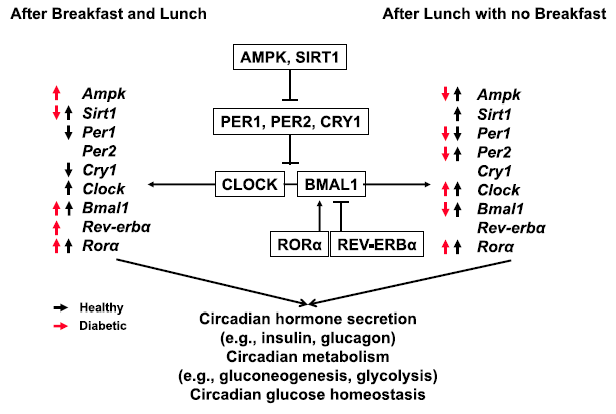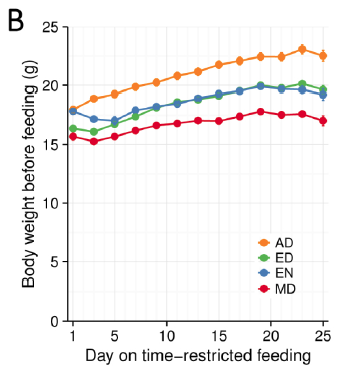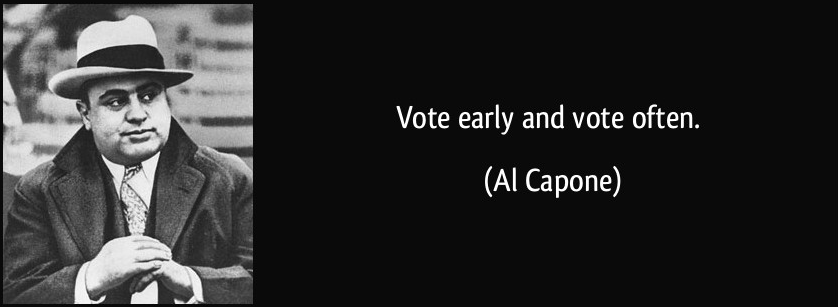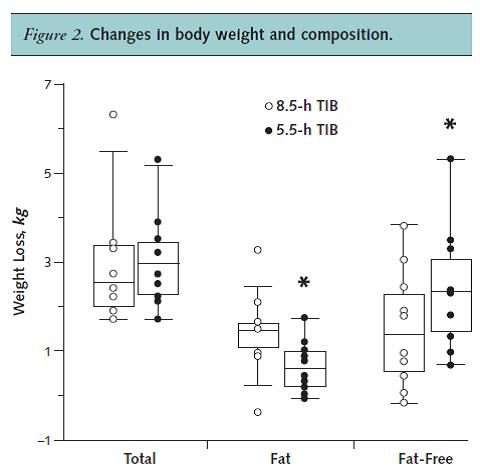That’s basically everything.

Aging predisposes you to pretty much every single disease. We all die eventually, and no one wants the last 10 years to be low quality of life. We used to say “healthspan,” now people say they “want to die as young as possible, as old as possible.” That is, to live a long life but remain healthy and active until the end.
Couple recent studies suggest a robust circadian clock (both centrally & peripherally) may be the key.
LIGHT is the primary zeitgeber which entrains the central clock. Food entrains the peripheral clock. Both in the morning, to co-entrain both clocks and prevent desynchrony.
DARKNESS and decreased food intake in the evening is just as important. Being young helps, too (von Gall and Weaver, 2006)
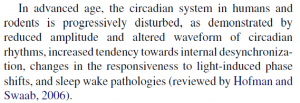
For the rest of Part 1, all of Part 2, and more, head over to Patreon!
(plus, it’s ad-free)
update: part 2 is up now!
calories proper
Become a Patron!
Save
Save
Save
Save

